-
전국에 몰아친 초속 30m 태풍급 돌풍…원인은?재생
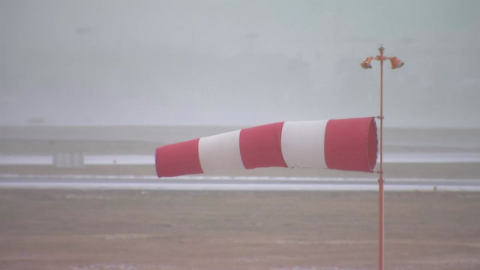
-
주말, 전국에 돌풍이 몰아쳤습니다. 특히 강원 산간과 해안 지역에는 초속 30m 안팎의 태풍급 강풍이 관측됐습니다. 김진두 기자가 보도합니다. [기자] "떨어지고, 날아가고, 무너지고" 전국이 강력한 돌풍에 몸살을 앓았습니다. 모든 내륙과 섬에는 강풍특보가, 해상에는 풍랑특보가 내려졌습니다. 강원 산간 미시령에는 순간최대풍속이 초속 33.3m가 기록됐습니다. 충남 서해안에도 초속 27m가 넘는 강풍이 불었고, 서울은 초속 20m 안팎의 바람이 관측됐습니다. 태풍 바람 기준이 초속 17m인 만큼 태풍급 돌풍이 몰아친 것입니다. 기상청은 눈비를 뿌린 저기압과 북서쪽에서 남하한 강력한 찬 공기가 한반도에서 강하게 부딪히며 강풍을 만들어냈다고 설명했습니다. [윤영승 / 기상청 소통예보관 : 기압경도력이 강해짐에 따라 전국 대부분 지역에 강풍특보가 발효된 가운데 최대 순간 풍속 초속 25m 이상의 매우 강한 바람이 부는 곳이 있겠습니다.] 강풍은 휴일까지 이어진 뒤 서서히 약화하겠지만, 시설물 피해와 함께 해상·항공 교통에도 지장을 줄 것으로 보입니다. YTN 김진두입니다. ※ ’당신의 제보가 뉴스가 됩니다’ [카카오톡] YTN 검색해 채널 추가 [전화] 02-398-8585 [메일] social@ytn.co.kr
-
’무인기’ 놓고 정치권 공방…"안보관 무원칙" vs "무책임한 공세"재생
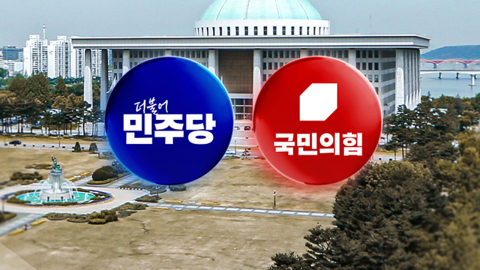
-
북한의 무인기 도발 주장은 정치권 공방으로 번졌습니다. 국민의힘이 북한을 적반하장이라고 비난하면서도 이재명 정부의 안보관을 지적하자 민주당은 북한의 일방적 주장만 믿고 무책임한 정치공세를 하지 말라고 맞받았습니다. 보도에 박홍구 기자입니다. [기자] 국민의힘은 먼저, 최근까지도 탄도미사일 발사 등 도발을 일상처럼 반복해 온 북한이 주권 침해 운운하는 건 적반하장이라고 비판했습니다. 그동안 무력시위로 한반도 긴장을 고조시켜 왔으면서 피해자 행세를 하는 건 책임 전가이자 내부결속용 선전 공세일 뿐이라는 겁니다. 그러면서 이재명 정부의 안보관이 무원칙 하다며 안보마저 정쟁으로 끌어들이는 행태가 재확인됐다고 주장했습니다. [박성훈 / 국민의힘 수석대변인 : 지난 정부가 북한에 무인기를 보내 대남 공격을 유도해 계엄 명분을 만들었다는 민주당의 논리대로라면, 이재명 대통령 또한 외환죄 수사와 재판 대상이 됩니다.] 더불어민주당은 국민의힘이 사실관계 확인 없이 북한의 일방적 주장을 빌미로 무책임한 정치공세를 하고 있다고 맞받았습니다. 그러면서 이재명 정부와 이 대통령을 외환 혐의라고 하는 건 궤변이고, 망언이라며 목소리를 높였습니다. [백승아 / 더불어민주당 원내대변인 : 국민의힘은 이재명 정부를 향해 "남이 하면 외환 혐의입니까"라는 궤변으로, 이재명 대통령을 외환죄 수사와 재판 대상으로까지 거론하는 망언을 서슴지 않고 있습니다.] 민주당은 북한의 주장 하나만으로 정치 공세에 나서는 것은 결과적으로 북한의 선전과 심리전에 동조하는 꼴이 될 수 있다고 지적했습니다. 전임 윤석열 정부에 이어 이재명 정부 들어서도 무인기를 보냈다는 북한의 주장이 사실 여부가 가려지기 전까지는 여야의 공방이 이어질 전망입니다. YTN 박홍구입니다. ※ ’당신의 제보가 뉴스가 됩니다’ [카카오톡] YTN 검색해 채널 추가 [전화] 02-398-8585 [메일] social@ytn.co.kr
-
도로 위 숨은 위협 ’도로 살얼음’…한 번 나면 대형 피해재생

-
서산영덕고속도로 사고 원인은 도로 위 살얼음으로 추정됩니다. 한 번 발생하면 수십 대가 연쇄 추돌하는 대형 피해로 이어지는데, 최근 5년간 관련 사고만 4천여 건이 넘습니다. 최기성 기자입니다. [기자] 도로 위 곳곳에 부서진 차량들이 뒤엉켜 있습니다. 지난해 1월 14일 자유로에선 차량 40여 대가 연쇄 추돌하는 사고가 났습니다. 같은 날 서울문산고속도로에서도 43중 추돌사고가 발생하는 등 이날 아침에만 수도권 곳곳에서 사고가 잇따라 차량 160여 대가 피해를 입었습니다. 밤새 내린 눈·비가 도로 위에 얼어붙으며 만든 살얼음이 원인이었습니다. [함은구 / 을지대 안전공학전공 교수 (YTN 뉴스와이드) : 실제로 빙점보다 높은 상황에서도 일명 얇은 살얼음이 형성될 수가 있겠고요. 습기가 도로 면에 안착이 되면서 이런 블랙아이스의 형성 조건들이 많이 발생하게 되고요] 이번 서산영덕고속도로 사고 역시 마찬가지입니다. 이 같은 사고는 해마다 반복되고 있는데, 2019년 12월 상주영천고속도로에서도 다중 추돌 사고로 7명이 숨졌습니다. [사고 트럭 운전사 (2019년 12월) : (차) 브레이크를 살짝 밟으니까, 마음대로 튀어나오고… (차에서) 나와서 보니까 전부 다 얼음이었습니다.] 2023년 1월에도 구리포천고속도로에서 난 사고로 1명이 목숨을 잃고 30여 명이 다쳤습니다. [황태근 / 경기 포천소방서 현장지휘단장 (2023년 1월) : 차량 47대가 연속해서 미끄러져서 추돌한 연쇄 추돌 사고입니다.] 최근 5년 동안 도로 결빙으로 발생한 교통사고는 4천백여 건으로, 이 사고로 83명이 숨지고 6천6백여 명이 다쳤습니다. 특히 이른 새벽 시간대가 더 위험합니다. [염건웅 / 유원대 경찰소방행정학과 교수 (YTN 뉴스와이드) : 해가 뜨기 전인 상태에서 어둡기도 하고요. 새벽 4시부터 6시 사이에 발생하는 결빙 교통사고, 블랙아이스에 의한 교통사고 발생률도 상당히 높고요. 치사율도 상당히 높게 나타나고 있습니다.] 살얼음은 눈에 보이지 않는 만큼, 교량과 고가도로, 터널 출입구 같은 결빙 취약 구간에선 각별한 주의가 필요합니다. YTN 최기성입니다. 영상편집 : 박정란 디자인 : 정민정 ※ ’당신의 제보가 뉴스가 됩니다’ [카카오톡] YTN 검색해 채널 추가 [전화] 02-398-8585 [메일] social@ytn.co.kr



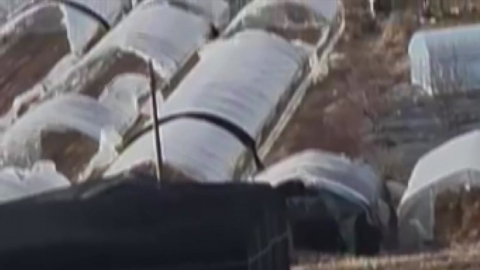
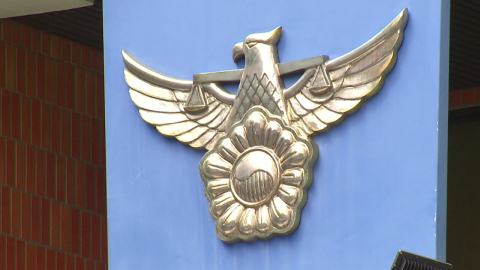
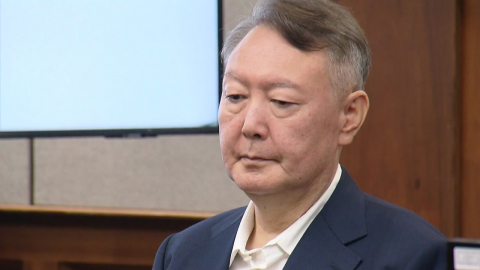
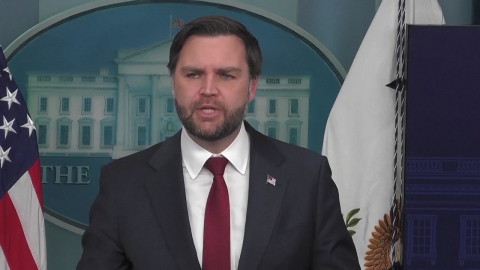
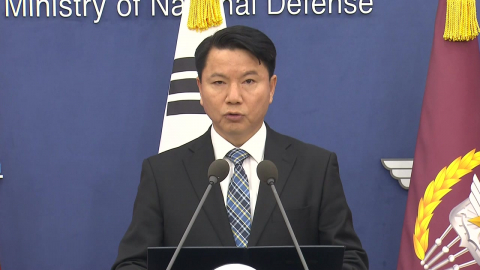
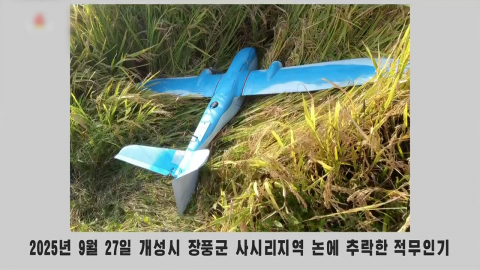
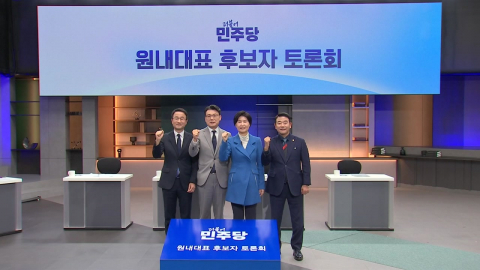
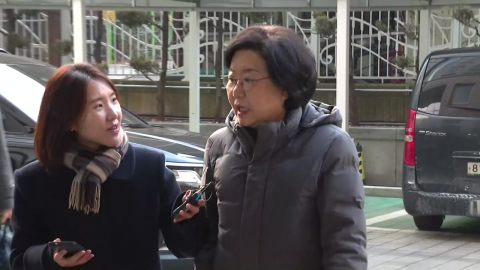
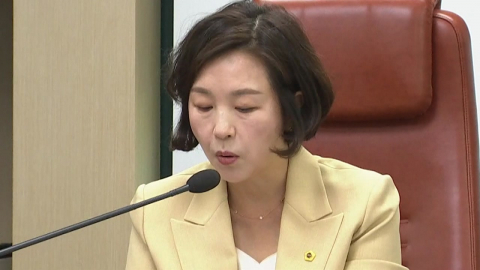



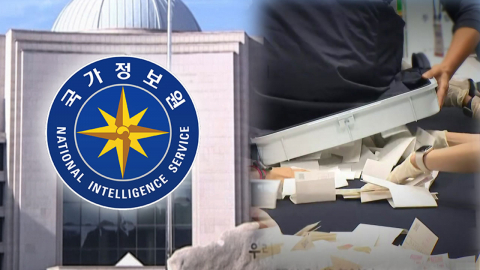
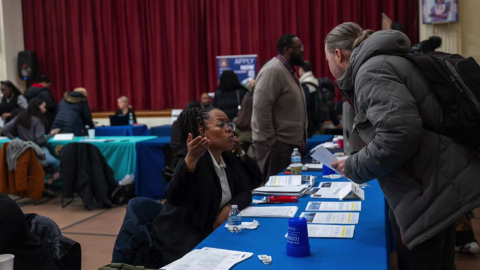
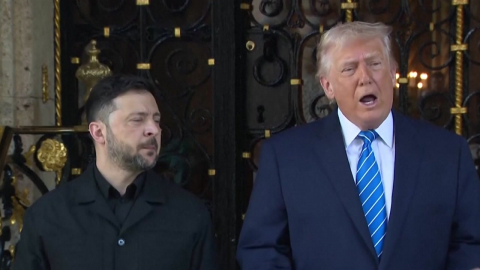

![[Y현장] "작품 속에 살아있을 이름"…'국민 배우' 안성기, 하늘의 별이 되다(종합)](https://image.ytn.co.kr/general/jpg/2026/0109/202601091042149519_h.jpg)
![[Y터뷰] '프로젝트 Y' 전종서 "한소희가 DM 보내 처음 알게 돼…답장했다"](https://image.ytn.co.kr/general/jpg/2026/0109/202601091441089698_h.jpg)


![[Y현장] 정우성, 고 안성기 추도사 "한국영화 온 마음으로 품은 선배님…영면하시길"](https://image.ytn.co.kr/general/jpg/2026/0109/202601091008157730_h.jpg)





